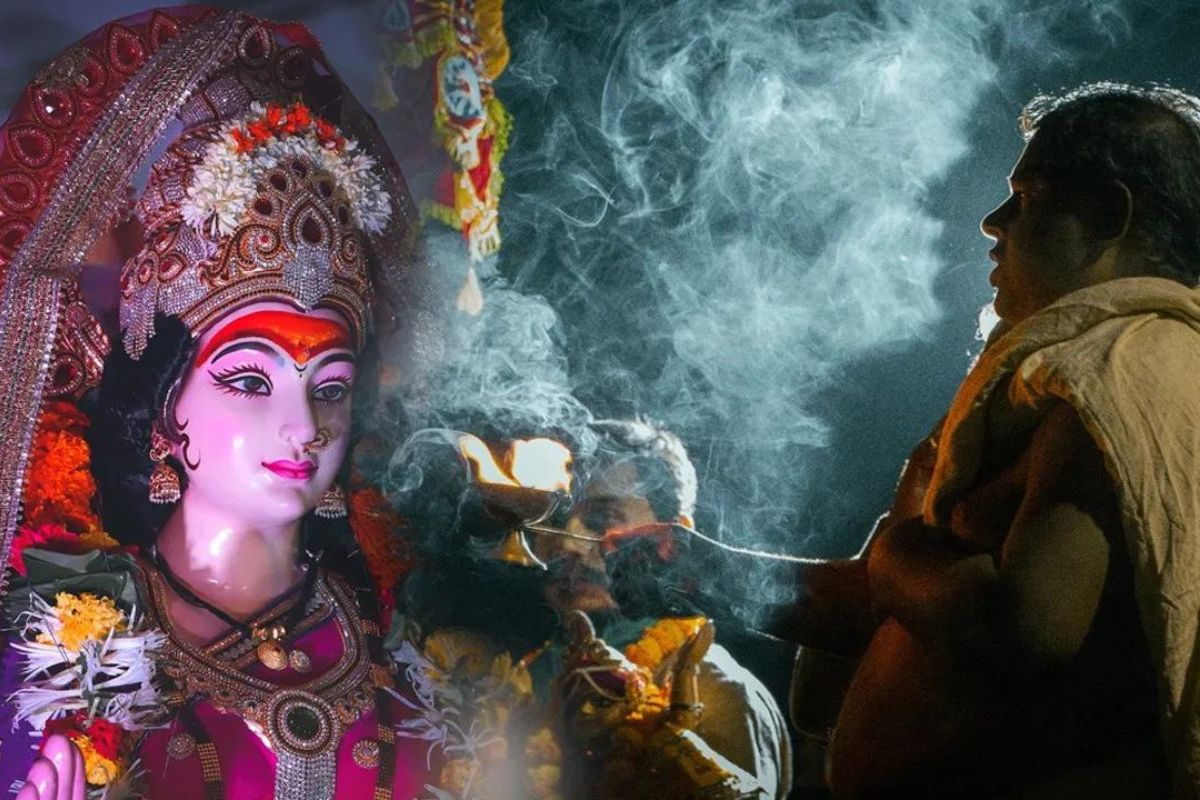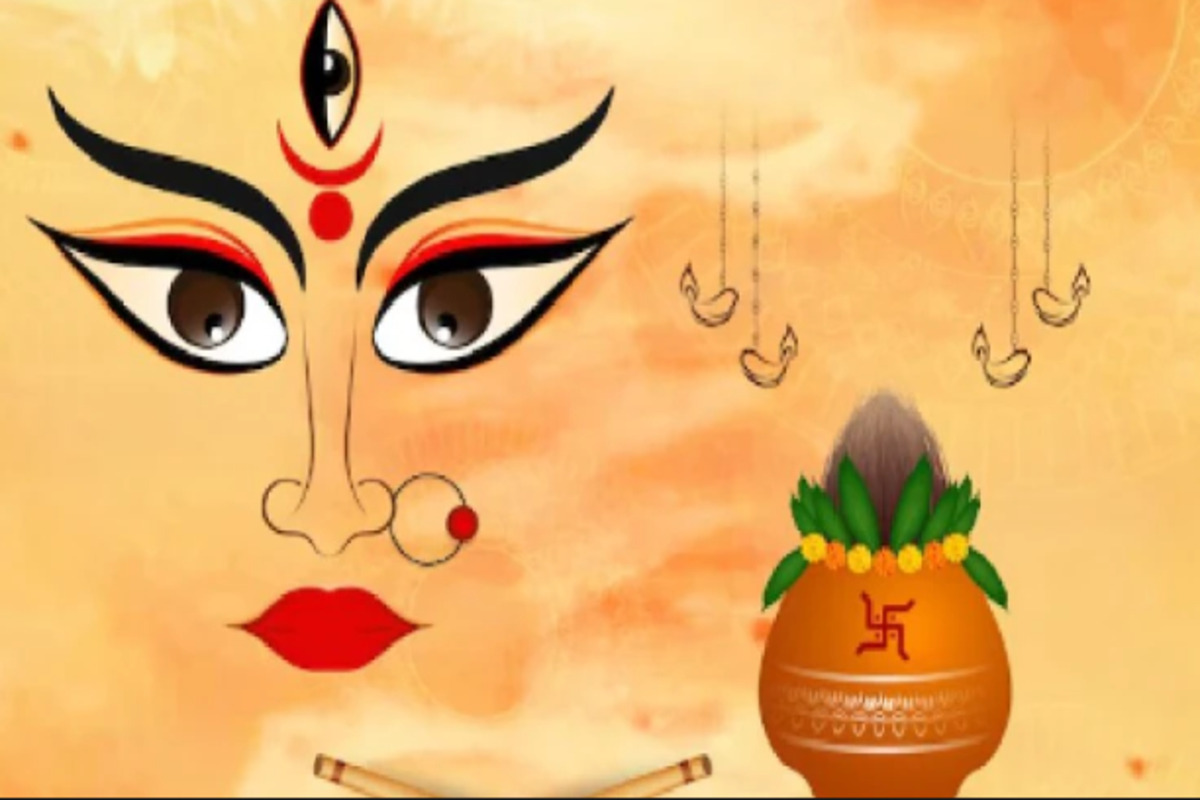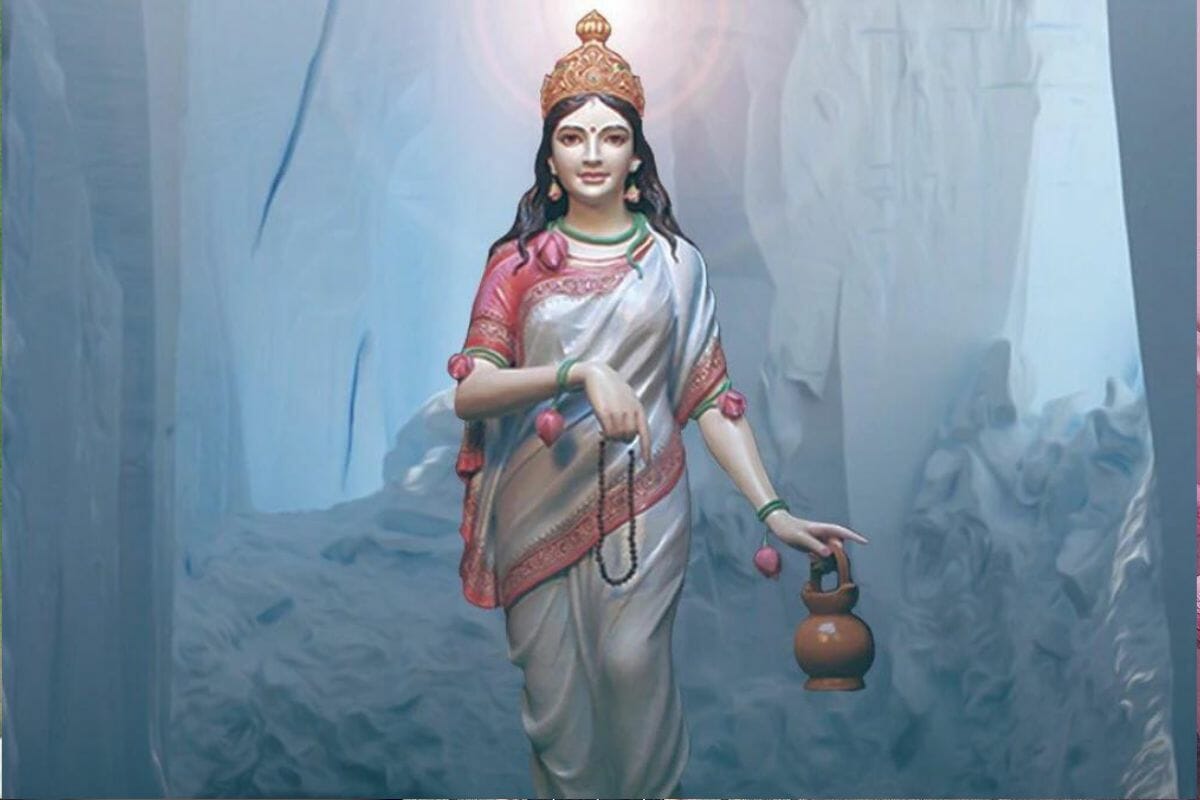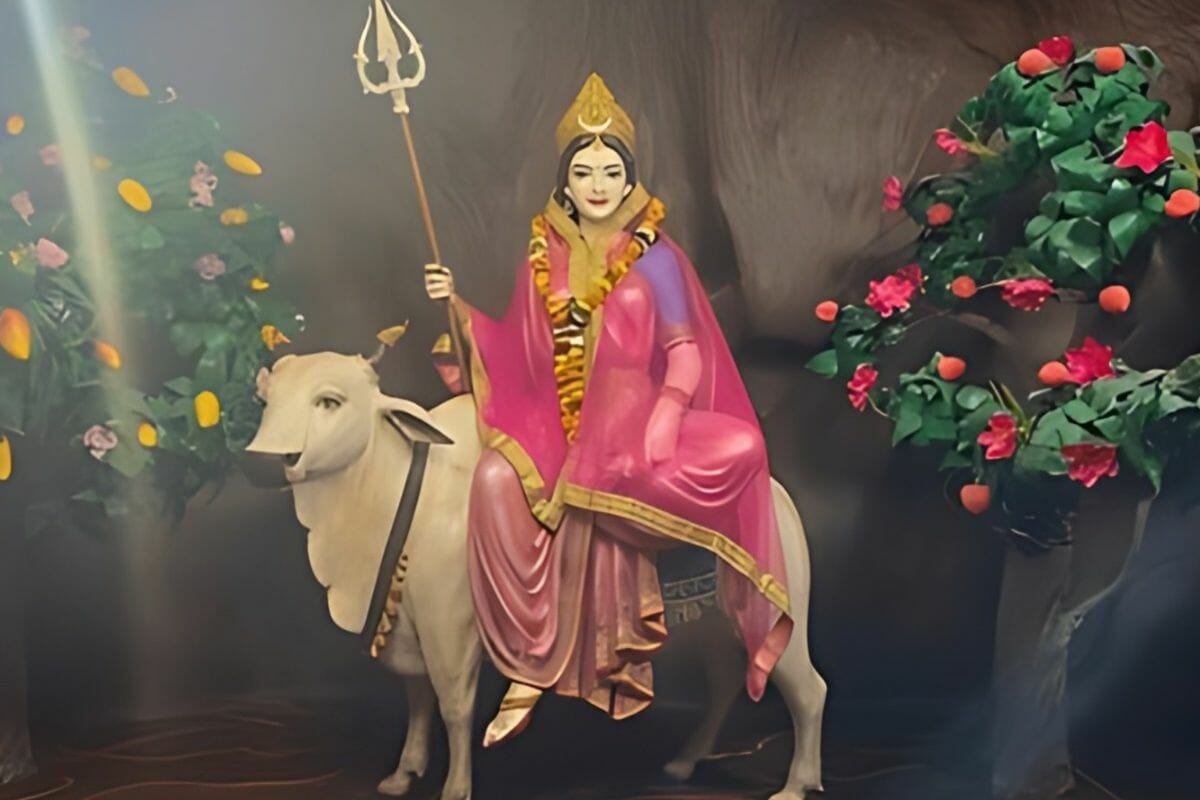Navratri 2023: Navratri, a significant Hindu festival celebrated annually with great zeal in various regions of India, spans nine days dedicated to worshiping Goddess Durga in her nine forms. The term “Navratri” originates from the Sanskrit words ‘Nava,’ signifying ‘nine,’ and “Ratri,” indicating ‘night.’ Consequently, Navratri signifies “nine nights.”
Navratri 2023: Dates
In the current year, the festivities for Shardiya Navratri are set to commence on October 15 and conclude on October 24 with the observance of Durga Visarjan and Vijaydashami, commonly known as Dussehra.
Throughout these nine days, adherents venerate each manifestation of the goddess, partaking in various rituals, prayers, and cultural celebrations. The tenth day, also recognised as Vijayadashami or Dussehra, commemorates the triumph of good over evil, specifically the victory of Lord Rama over Ravana.
Navratri 2023: Significance
Navratri is a sacred observance dedicated to the worship of Goddess Durga, regarded as a manifestation of the universal mother goddess symbolizing power (Shakti). Over the course of nine nights, various forms of the goddess are worshipped, with each night of Navratri devoted to a unique manifestation of Durga.
Navratri 2023: Day wise
- October 15, 2023 (Sunday) Ghatsthapana/Shailputri
- October 16, 2023 (Monday) Brahmacharini
- October 17, 2023 (Tuesday) Chandraghanta
- October 18, 2023 (Wednesday) Kushmanda
- October 19, 2023 (Thursday) Skandamata
- October 20, 2023 (Friday) Katyayani
- October 21, 2023 (Saturday) Kaalratri
- October 22, 2023 (Sunday) Mahagauri
- October 23, 2023 (Monday) Siddhidatri
- October 24, 2023 Durga Visarjan
Navratri 2023: Celebrations
Throughout these nine days, devotees engage in the manifestation of the goddess, partaking in various rituals, prayers, and cultural celebrations. The tenth day, also recognised as Vijayadashami or Dussehra, commemorates the triumph of good over evil, specifically the victory of Lord Rama over Ravana.
Sharad Navratri holds profound spiritual importance as it is believed that during these initial nine days, Goddess Durga descends to Earth to be among her devotees. Many followers abstain from consuming non-vegetarian food and alcohol during this period, symbolising purity and devotion. Some devotees observe ritualistic Navratri fasts or vrat, ensuring a strict vegetarian diet. A more rigorous version, known as nirjala vrat, prohibits even a single drop of water throughout the day. It’s important to note that this level of fasting is not recommended for pregnant women, the elderly, or children.
Keep watching our YouTube Channel ‘DNP INDIA’. Also, please subscribe and follow us on FACEBOOK, INSTAGRAM, and TWITTER












